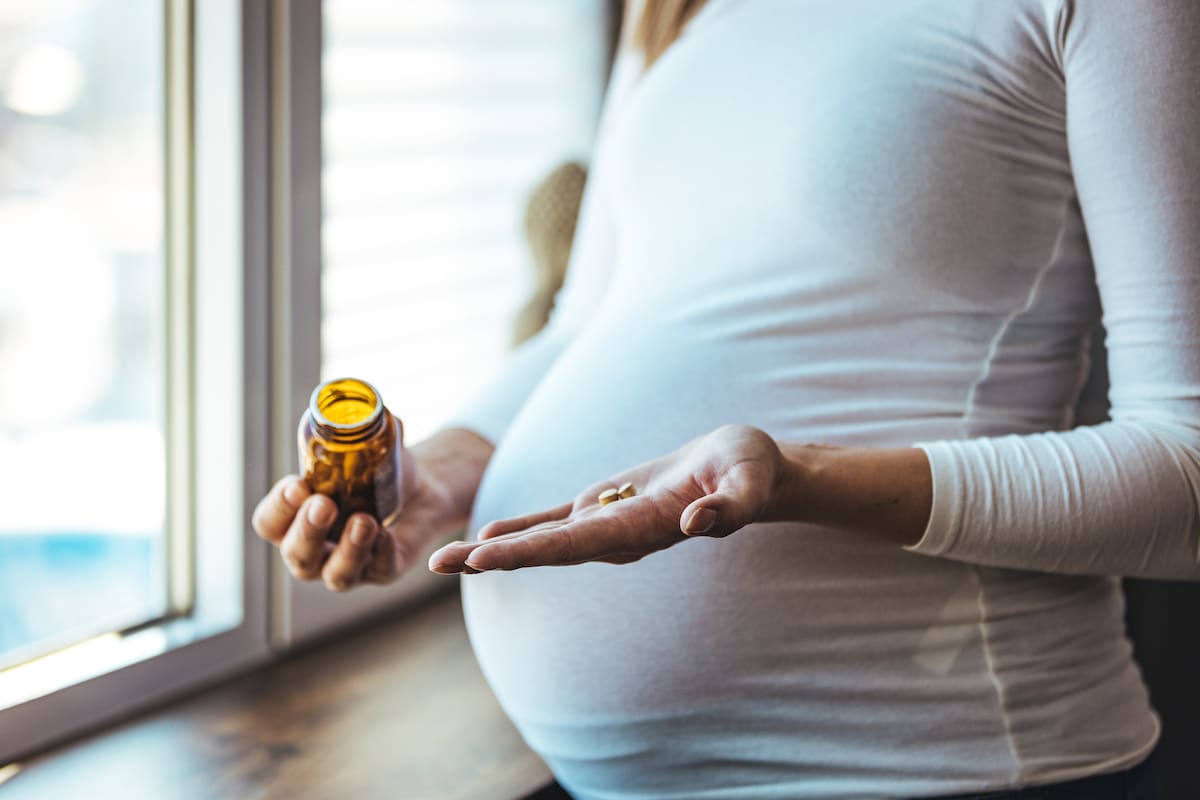
There’s no shortage of pre-natal vitamins and pregnancy supplements on the market, but what’s necessary, and what’s marketing spin? We asked Professor of Nutritional Science and Dietetics Dr Karen Charlton, from the University of Wollongong’s school of Medicine and Health, School of Medical, Indigenous and Health Sciences exactly what you need to have a safe and healthy pregnancy.
What are the most important nutrients and vitamins during pregnancy
Folic acid is essential to prevent neural tube defects. You get folic acid in green leafy vegetables in some animal products, But for pregnancy, it’s really recommended that a folic acid supplement is taken. Iodine is a very important nutrient as well that’s required for the baby’s brain development. Vitamin D is important. A lot of Australians are actually vitamin D deficient even though we live in a sunny climate. Then, also ensuring that there is sufficient iron in the diet.
Is a special pre-natal multi-vitamin really necessary?
It’s important that a woman chooses one of the pregnancy-focused supplements because some nutrients and other micro in other supplements may be too high, such as vitamin A, You don’t want to have too much vitamin A in pregnancy.
It’s recommended that all women that fall pregnant taken iodine containing supplement. But it’s really important to get one that has been formulated specifically for pregnancy because it’ll have the the proper requirements for iodine, for iron, for vitamin D and other nutrients that are important. So as well as folic acid, which of course is also very important for the development of the baby.
Related Posts
Why is Iodine important during pregnancy?
Iodine is a particular nutrient that’s very important in pregnancy because it’s required for the development of the baby’s brain. This can lead to developmental problems in in the in the baby. So anybody that is considering having a baby or thinking about having a baby should be thinking about iodine.n Australia we used to have mild iodine deficiency, which means, people are just not quite getting sufficient.
Mild iodine deficiency was thought to not necessarily be problematic for health, but there have been a number of studies that have followed up children born to mothers that did not have enough iodine in pregnancy and those that did. And interestingly, at about the age of eight or nine, there have been differences in the child’s ability to read and to write. So achievement at school between the babies born to mothers that were either mild iodine deficient versus having enough iodine. So I think there’s sufficient evidence to show that it is a good idea to take an iodine containing supplements during pregnancy.
What are the best sources of Iodine?
We know in Australia that there are groups of women that perhaps don’t get enough iodine in their diet. Iodine is commonly found in fish and seafood. It’s found in milk, it’s found to a lesser degree in eggs and also is found in salt that has been iodized in Australia. It’s not law for human salt to contain iodine, so not all salt sold in the shops will have iodine in it. In Australia since 2009, iodine has been added to bread. So consuming bread is also a source of iodine.


